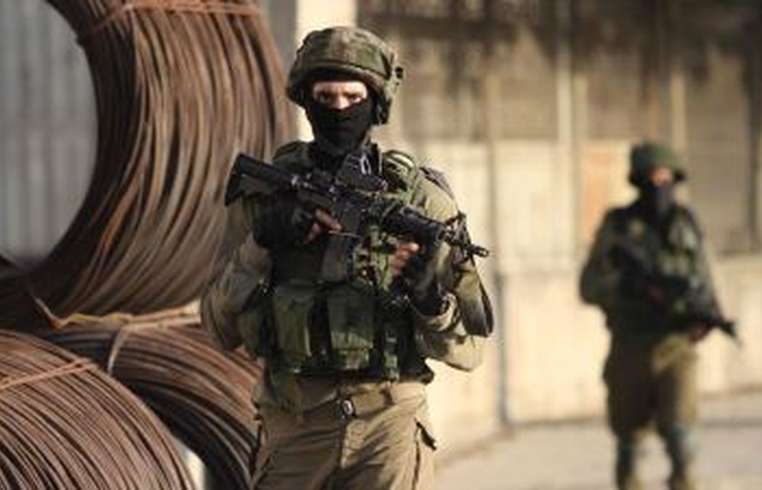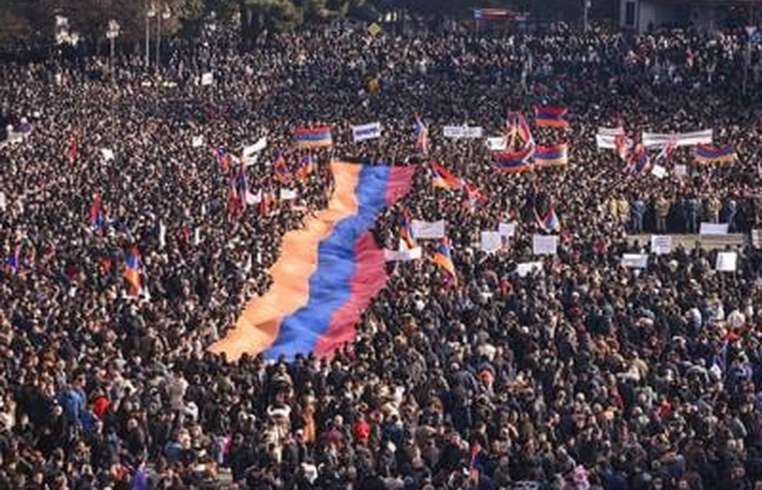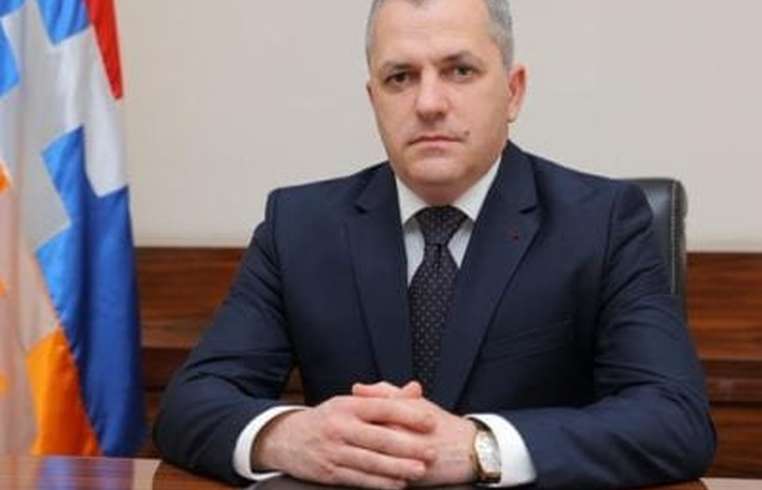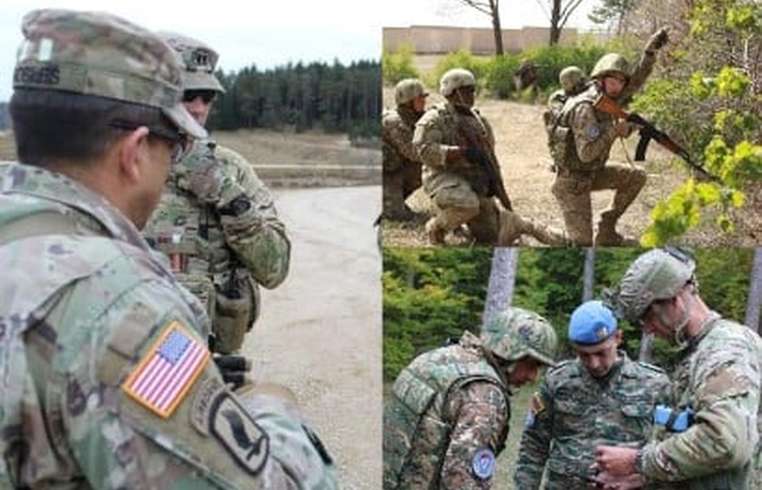
News - Videos of soldiers acting maliciously in Gaza create new headache for Israel
Business Strategy
Videos of soldiers acting maliciously in Gaza create new headache for Israel

Several viral videos and photos of Israeli soldiers behaving in a derogatory manner in Gaza have emerged in recent days, creating a headache for the Israeli military as it faces an international outcry over its tactics and the rising civilian death toll in its war against Hamas, AP reported. The Israeli army has pledged to take disciplinary action in what it says are a handful of isolated cases. Such videos are not a new or unique phenomenon. Over the years, Israeli soldiers—and members of the U.S. and other militaries—have been caught on camera acting inappropriately or maliciously in conflict zones. But critics say the new videos, largely shrugged off in Israel, reflect a national mood that is highly supportive of the war in Gaza, with little empathy for the plight of Gaza’s civilians. “The dehumanization from the top is very much sinking down to the soldiers,” said Dror Sadot, a spokeswoman for the Israeli human rights group B’Tselem, which has long documented Israeli abuses against Palestinians. More than 18,400 Palestinians have been killed in Gaza, around two-thirds of them women and children, according to the Health Ministry in the Hamas-controlled territory. About 90% of Gaza’s 2.3 million people have been displaced within the besieged territory. The aforesaid videos seem to have been uploaded by soldiers themselves during their time in Gaza. In one, soldiers ride bicycles through rubble. In another, a soldier has moved Muslim prayer rugs into a bathroom. In another, a soldier films boxes of lingerie found in a Gaza home. Yet another shows a soldier trying to set fire to food and water supplies that are scarce in Gaza. In a photo, a soldier poses next to words spray-painted in red on a pink building that read, “instead of erasing graffiti, let’s erase Gaza.” A video posted by conservative Israeli media personality Yinon Magal on X, formerly Twitter, shows dozens of soldiers dancing in a circle, apparently in Gaza, and singing a song that includes the words, “Gaza we have come to conquer. … We know our slogan–there are no people who are uninvolved.” On Sunday, the Israeli military’s spokesman, Rear Adm. Daniel Hagari, condemned some of the actions seen in the recent videos. “In any event that does not align with IDF values, command and disciplinary steps will be taken,” he said. The videos emerged just days after leaked photos and video of detained Palestinians in Gaza, stripped to their underwear, in some cases blindfolded and handcuffed, also drew international attention. The army says it did not release those images, but Hagari said this week that soldiers have undressed Palestinian detainees to ensure they are not wearing explosive vests. Eran Halperin, a professor with Hebrew University’s psychology department who studies communal emotional responses to conflict, said that in previous wars between Israel and Hamas, there may have been more condemnation of these types of photos and videos from within Israeli society. But he said the Oct. 7 attack, which exposed deep weaknesses and failures by the army, caused trauma and humiliation for Israelis in a way that hasn’t happened before. “When people feel they were humiliated, hurting the source of this humiliation doesn’t feel as morally problematic,” Halperin said. “When people feel like their individual and collective existence is under threat, they don’t have the mental capacity to empathize or apply the moral rulings when thinking about the enemy.”






